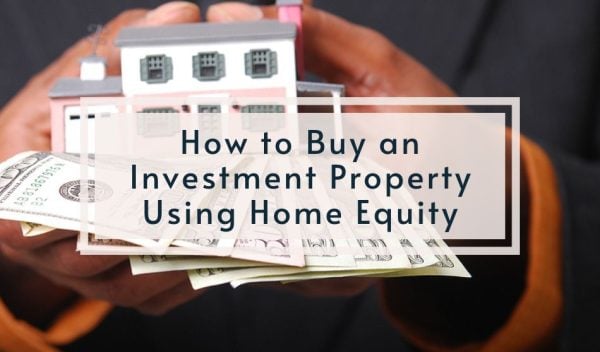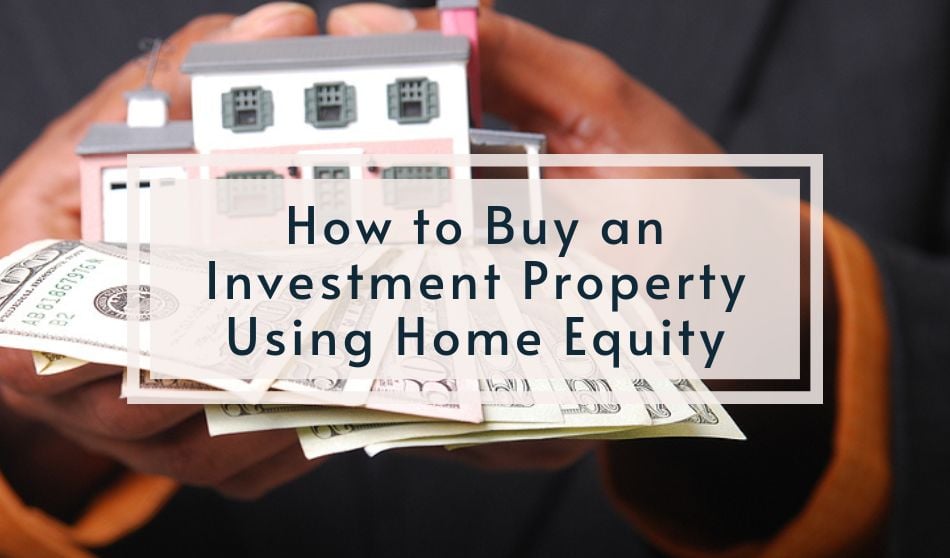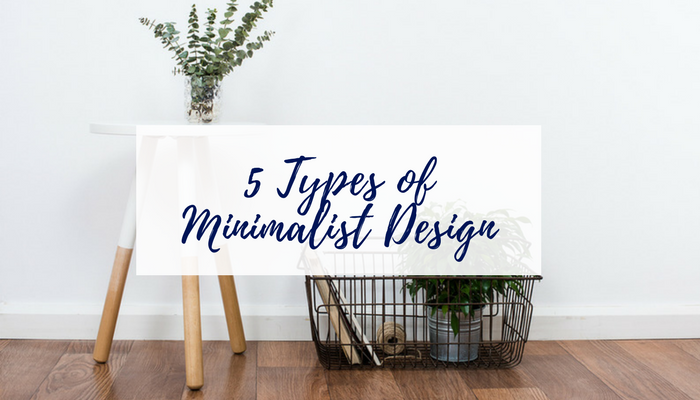
If you bought a house during the last decade or so, you’ve probably built up a nice bit of home equity. A recent report found that just under half of all mortgaged U.S. homes were “equity rich” by the end of 2022.
You’ve probably also noticed that, despite the highest mortgage rates in years, the real estate market is still booming. Many existing homeowners are living out the American dream, passively building up wealth as their property values rise.
But how can those homeowners convert the on-paper wealth of home equity into real money that they can invest in the market? Using home equity to buy an investment property is a pretty straightforward process — but it’s not without potential drawbacks. Let’s go over how to use home equity to buy an investment property, and the pros and cons of doing so.
Converting Home Equity Into an Investment Property
First, let’s quickly touch on how to calculate your home equity. To put it simply, it’s the amount of your mortgage that you’ve paid off. Take your home’s value, subtract your outstanding mortgage balance, and what’s left is the amount of home equity you have. In general, the longer you’ve owned your home, the more equity you’ll have.
Of course, just because you have a certain amount of equity doesn’t mean you should cash it all out. The larger your home equity loan, the more risk you’ll be exposed to — for reasons that we’ll touch on below. And in a hot market like today’s, enthusiasm can quickly turn to remorse. One recent study found nearly 60% of recent home buyers thought they overpaid for their home.
The two most popular ways to access your home equity are the home equity loan, or the home equity line of credit (HELOC).
The home equity loan works like any other loan, except you’re putting your home up as collateral. You’ll get a lump sum cash payment, a fixed interest rate, and a predetermined repayment term. Every loan is unique, so make sure you ask your lender any questions you might have before you sign.
The size of that lump sum depends on how much home equity you’ve accumulated, along with a few other variables. Lenders will generally require a credit score of 620 or above, although this can vary between lenders. As with any other loans, the better your credit score, the better interest rate you’ll get.
You can’t simply cash out all your equity, though. Lenders generally let you tap into no more than 85% of your equity, or 80% of your combined loan-to-value ratio, meaning your home equity loan plus your primary mortgage must be 80% or less of your home’s appraised value.
Some lenders will allow you to exceed that 80% loan-to-value ratio, with select lenders allowing you to borrow up to 100%. Generally, it’s best to only borrow as much as you need. If you’re buying an investment property, even the best lenders usually require a 15% down payment.
Advantages and Disadvantages of Using Your Home Equity to Buy an Investment Property
While using your home equity to buy an investment property can be incredibly convenient, it also comes with some significant risks and drawbacks. Let’s compare and contrast.
The Advantages
You Hold Onto Your Cash Reserves
When you buy an investment property, lenders will likely require you to put at least 15% down. Even if you have that in cash, you might prefer to use your home equity to secure your new property, allowing you to maintain your financial flexibility.
Home Equity is an Unused Asset
Your home equity is real wealth, but until you put it to work, it’s not doing anything for you. Leveraging it to buy an investment property gets that money working for you, and potentially bringing in another income stream, not to mention a potentially appreciating asset.
Better Interest Rates
Because it’s secured by your home, your home equity loan will have a much better interest rate than your other financing options. Many investors turn to personal loans or hard money loans, or to more esoteric options like peer-to-peer lending platforms or small business invoice financing, but those come with fairly high interest rates, as well as other drawbacks.
Hard money loans generally come with a very short repayment term, and higher down payment requirements, not to mention interest rates that can range as high as 15%. On the other hand, hard money loans are secured by the property they’re being used to purchase — so your primary residence isn’t at risk.
The Disadvantages
More Debt
Although home equity is an illiquid, non-earning asset, it’s still an asset. Once you take out a home equity loan, you’ve converted that asset into more debt, which could affect your entire financial profile. That’s not even taking into consideration the interest and fees you’ll have to pay. Even if you cut costs when buying your new home, you’ll still have to pay closing costs on your new loans, which can be substantial.
You Now Have Three Loans to Pay Back
Yes, three. You have your original mortgage on your primary residence, you have the new mortgage on your investment property, and you have the home equity loan. You’ve gone from one monthly payment to three, which is going to require a lot more cash flow.
You’re Exposed to More Risk
If home values fall, you could find yourself underwater on both of your properties, meaning you owe more than the home is worth. This is even more of a risk if you’re carrying a very high loan-to-value ratio. And owning two properties doubles your potential exposure.
You Could Lose Your Home(s)
Remember, your primary residence is collateral on your home equity loan. So if you fail to make those payments, you could lose your house.
Higher Interest Rates
While the interest rate on a home equity loan is generally lower than other options, like hard money loans, it will still be higher than the mortgage rate on your primary residence. This also applies to your investment property: Lenders charge higher interest rates on your second property since you’re taking on more risk.






